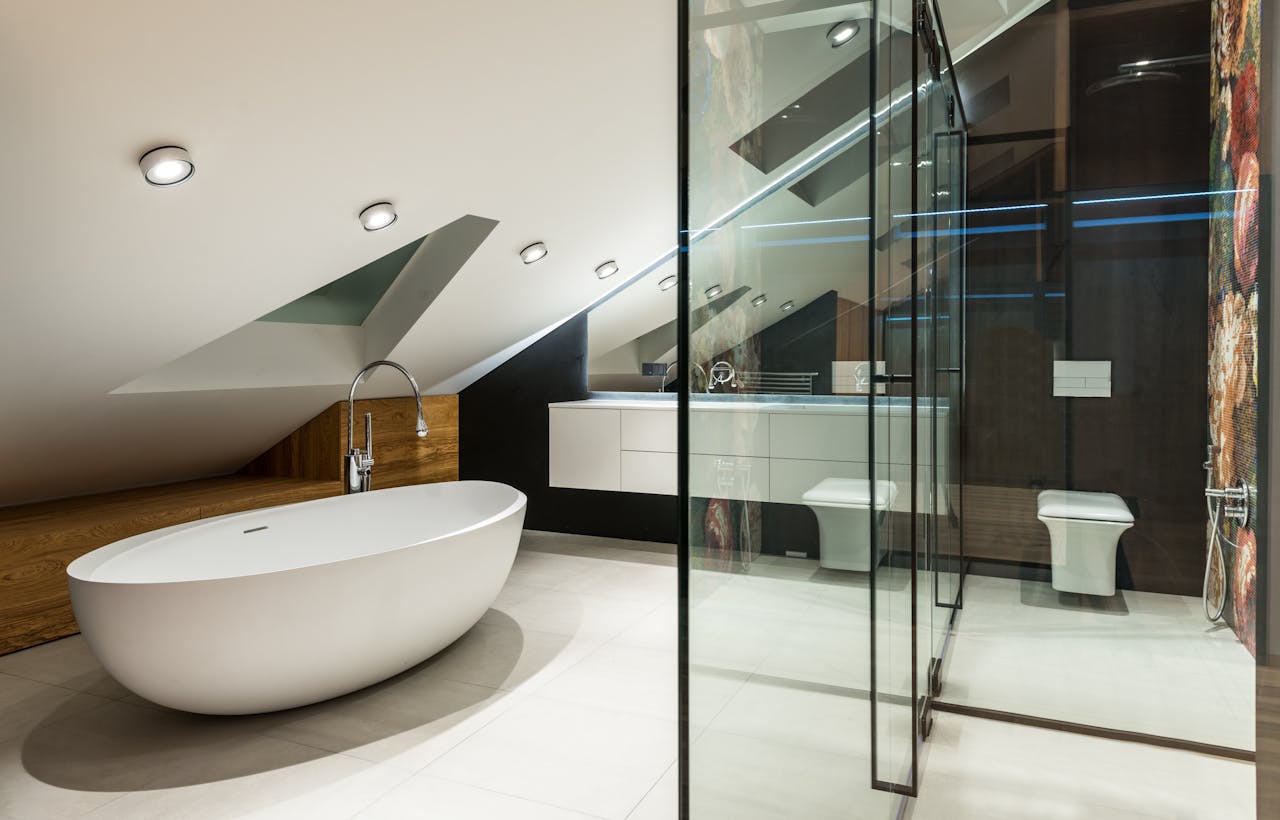
Key Takeaways
- Create a warm, inviting aesthetic in your new bathroom remodel. Avoid trends and instead focus on practical functionality to ensure long-term comfort and durability for your San Francisco residence.
- Collect all pertinent paperwork, including permits, warranties, and receipts. Have an experienced builder or remodeler inspect the remodel to ensure that it meets local building codes and that your investment is protected.
- Use a detailed checklist during inspections, including tools like a flashlight and measuring tape, to evaluate tiles, plumbing, ventilation, cabinetry, and signs of water damage thoroughly.
- When viewing a property, look out for red flags! Uneven surfaces, slapdash paintwork, loose fixtures, and strange smells are signs of bad workmanship—or worse, concealed issues at work.
- Verify the remodel wasn’t a flop. Check to ensure a qualified, licensed professional performed the work and high-quality materials were used all the way through.
- When you come across issues outside your skill set, turn to professionals to address them by hiring certified inspectors. Get remodeling specialists involved if you suspect concealed system problems.
New homebuyer checklist helps first-time buyers judge quality of recent bath remodel. It covers important details such as tile alignment, grout lines, plumbing, fixtures, and any ventilation considerations.
In the United States, home buyers check for even tile layout, smooth caulking, and working water pressure as part of the process. It’s not just about the aesthetics, like well-fitted cabinets or pretty designs.
Working GFCI outlets and up-to-code exhaust fans are crucial. Each of these specifics indicate whether or not the remodel is up to current local building code and is built to last.
The sooner you can spot shoddy work, the less you’ll have to pay to address it. Our next section is designed to assist first-time buyers by simplifying each checklist item into an easy, step-by-step process.
It’s designed specifically for homes across the United States, which helps first-time buyers easily identify what’s functional and what’s not in a recently remodeled bathroom.
Why Remodel Quality Counts
Picking a bathroom remodel with an eye toward quality goes beyond just creating a pretty space. Quality work marries the beauty of good design with the practicality of well-crafted execution. This potent combination has a profound effect on our everyday lives.
In San Francisco, where home prices are extreme by any measure, proper craftsmanship and high quality materials will go a long way toward retaining, if not increasing, market value! When the remodel quality is high and attention to detail is clear, spaces connect seamlessly and everything just works.
More Than Just Looks
Because the best remodels don’t just look great, they make life simple. For first-time buyers, make sure the tile is not slippery and that the grout lines are flush. Things like uneven floors or rough trim often come back to haunt remodelers.
Durability Counts. High-quality materials, such as using solid brass for fixtures and stone for counters, are more durable and can withstand everyday use. The design should allow for comfortable circulation and adequate storage where it’s needed.
Heated floors were an inspired choice, too—great luxury during Bay Area cool mornings and well beyond expected comfort.
Future Costs And Comfort
Quality mistakes lead to future repair and replacement costs, not to mention wasted time. Water damage from leaks due to poor seals or low-quality piping can lead to costly repairs.
Choose plumbing that has a solid feel and identifies nicely-functioning fixtures. Water-saving toilets and showerheads reduce energy costs, lower water bills, and benefit the environment. If that initial job is low quality, the need for upgrades could arise much faster than anticipated.
Protecting Your Investment
A quality remodel supports future growth. Additionally, homes done right, done smartly, fetch better resale values, even more so in hot markets such as the Bay Area.
Protecting Your Investment. Always look for written warranties and compelling performance guarantees. These save you from both costly mistakes and the stress that accompanies them.
Prep For Your Inspection
Preparing for a bathroom inspection involves understanding what you should bring and what you should be looking for. This is a very important step for first-time buyers! Proper preparation will help reduce stress and allow you to take control of the process. It also allows them to spot hidden issues and know if their remodel meets their dreams.
Gather Key Documents First
Gather Key Documents First. This includes your permits, signed contracts, floor plans, and any other building plans related to the remodel. These documents indicate that the work adhered to local requirements and serve as proof that everything was completed properly.
Have photos – past and present – easily accessible. These help you identify what’s been modified and identify any outdated updates. Collect copies of all previous inspection reports from repairs. These reports will indicate whether there was previous plumbing or moisture damage and whether it was repaired properly.
Essential Tools To Bring
Essential tools to bring to help inspect the space include a flashlight, which is essential for spotting leaks under sinks. A level is also important to ensure the tile and shelves are even.
Bring a tape measure to confirm clearances for a sink or tub. Additionally, bring a notebook so you can take notes promptly. Don’t forget to carry a camera to photograph weird areas or existing damage. Recordkeeping proves invaluable when discussing your findings with the home inspector or seller.
Know Common Red Flags
Be on the lookout for indications that work was hurried, such as misaligned tiles or excess caulk. Ensure that the installed tile or fixtures are by the contract documents.
Unusual odors, such as mold or harsh chemicals, can alert you to underlying leaks or mold. Identification of these common red flags indicates either a need for repair or a need to reconsider your offer.
Your Essential Bathroom Audit
A smart bathroom renovation in the Bay Area requires more than just arbitrary inspections. It’s easy for first-time buyers to feel overwhelmed, but an informative bathroom audit will allow you to identify your assets and liabilities. Having a comprehensive bathroom checklist will help you think through every detail so you don’t overlook anything.
Start with the fundamentals, then get to the details.
1. Inspect Tiles, Grout, Caulking
Go straight to the source. Evenly spaced grout lines are a sign of quality work. Grout lines with gaps or wavy lines indicate a hurried mess. Cracks or chipped tiles can indicate bad installation prep or inferior products.
Caulking around tubs and showers should be smooth with no dark spots or mold. Smooth, even caulking creates a waterproof seal and prevents mold from forming.
2. Test All Plumbing Fixtures
Inspect faucet aerators, showerheads, and supply valves. Water should flow steadily and strongly, with no sputter or drip. Drains should clear quickly, or it’s a sign of more serious plumbing problems.
Flush toilets to ensure they refill properly and run quietly. If you have bidets installed, they should function properly and not leak.
3. Verify Proper Ventilation
Proper circulation prevents the growth of harmful mold. Simply flip the exhaust fan switch and listen—strong airflow means effective exhaust fans, but weak fans allow humidity to accumulate.
Keep an eye out for fogged mirrors, blistering or peeling paint, or a musty odor—these are all signs of insufficient ventilation. If you do have a window, make sure it opens easily.
4. Examine Cabinets And Surfaces
This means opening and closing every cabinet. All doors should not only be properly aligned but be operable without interruption as well. Look for discoloration and swelling, particularly around sinks, which can indicate leaks.
Find storage that matches everyday use—shelves within reach and drawers that open smoothly.
5. Check For Water Damage Signs
Check ceilings, walls, and floors for yellow stains or bubbles. If you notice peeling paint or warped flooring, that could indicate a hidden leak beneath the surface.
These problems quickly compound on repair estimates.
6. Assess Fixture Efficiency
Check for WaterSense or Energy Star labeling on toilets and faucets. Do your homework on the brands—good fixtures will hold up over time and save you on replacement bills.
Inquire about warranties available. More efficient fixtures save on utilities in the long run.
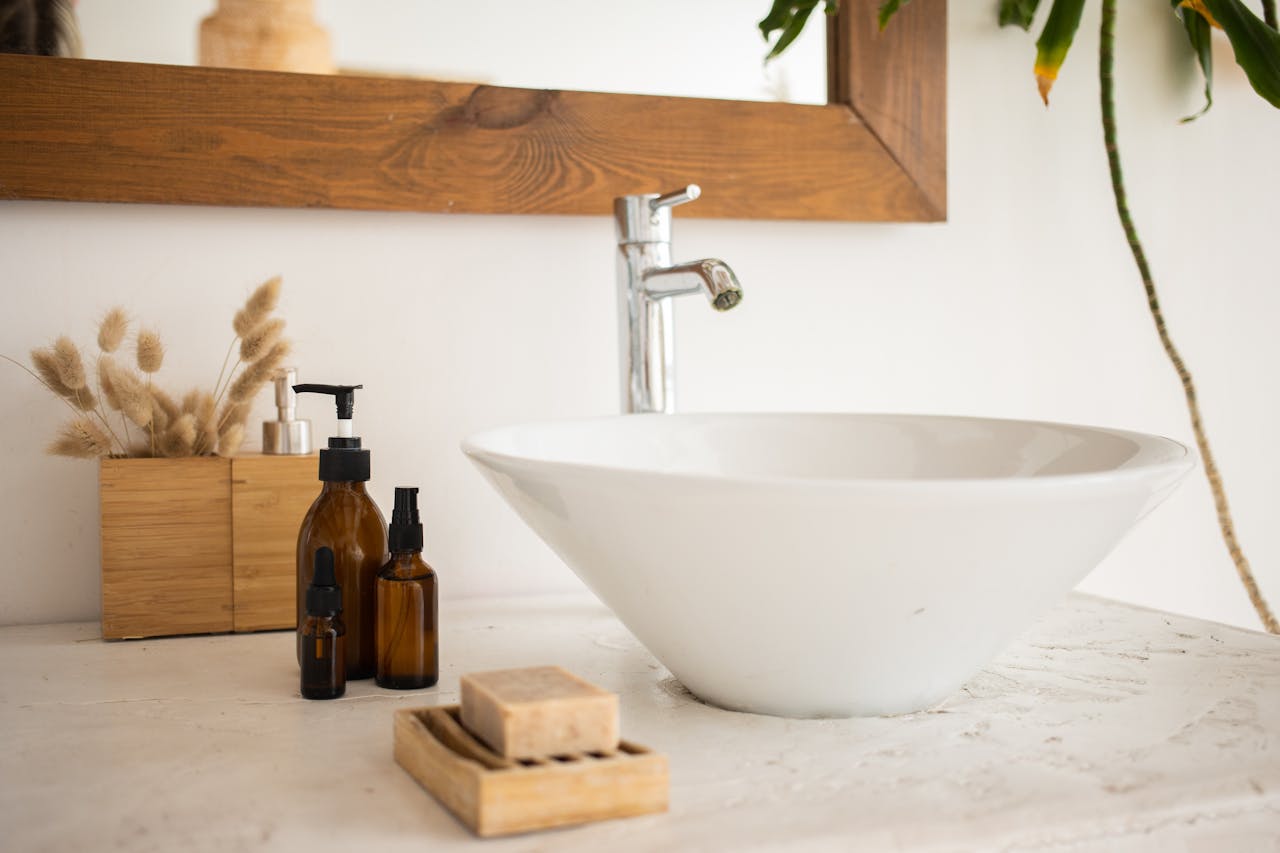
Uncover Remodel Legitimacy
Remodels can be just as fresh and clean-cut as new builds! First-time buyers have to excavate a little more to make sure that the work is up to snuff. A talented checklist should guide buyers through that process with specific, actionable steps.
In this example, of course in San Francisco, housing regulations and quality standards are very strict. Spotting a remodel sham takes more than a cursory stroll through. It all begins with the paperwork. Next, it looks at what’s under the façade and figures out who performed the work and what assurance there is if something goes wrong.
Were Permits Pulled?
Never hesitate to inquire about whether or not permits were pulled for the bath remodel. Tens of thousands of dollars in cities like San Francisco require permits for plumbing, electrical, and major structural changes.
Request copies of building permits and final inspection reports. These items prove that the project complied with city code. If a seller is unable to provide visible closed permits, there could be serious concerns related to safety or insurability.
Unpermitted work may incur fines or even require you to redo the remodel at your expense.
What Materials Were Used?
Request a list of materials used for countertops, tiles, and fixtures. Are you using porcelain or ceramic tile? Is the kitchen countertop quartz or laminate?
Were the fixtures name-brand or generic fixtures? While these materials are higher cost, they last longer requiring less maintenance. Put side by side what you used in your remodel and what is typical in mid to high end San Francisco residences.
For one, flimsy materials would quickly wear down with daily use or succumb to the city’s humid climate.
Who Performed The Work?
Request a list of names and licenses of all persons who worked on the project. Research them online, look them up on your state’s license board, read reviews.
A solid contractor leaves a paper trail: business address, insurance, references, and a detailed bid. Steer clear of anyone asking for total payment in cash or who refuses to provide their license number.
Any Warranties Available?
Look to see if any warranties apply both to the actual work and to the materials used. A reputable contractor spells out what’s covered, for how long, and what will void the warranty.
Store all your paperwork in a secure location.
Red Flags Of Shoddy Work
Spotting poor work on a bathroom remodel. It’s often a buyer’s market, particularly for first-time buyers. A focused eye on typical trouble spots will allow you to identify flaws that can have detrimental impacts on appearance and performance. Here are a few blatant red flags that should indicate shoddy work, dangerous installs, or “too rushed” jobs.
Uneven Tiles, Bad Grout
Uneven tiles or worse, misaligned tiles interrupt the flow of a room and denote a lack of pride in work. Quality tile installation means even the tiles are flat and flush with adjacent tiles. It involves uniform grout lines being maintained in size and the ability to properly seal out water.
If you notice a uniform application of thick grout in one area and thin grout in another, uh-oh! Tiles that are loose enough to wiggle underfoot may eventually leak water or require expensive remediation.
Messy Paint, Poor Seals
A good paint job will never show brush strokes, bubbling, or thinning areas. Look for splotches of different colors or drips indicating the painter was in a hurry. Sealing around tubs, sinks, and toilets is equally important.
Missing or cracked sealant allows water to pass through, leading to significant damage over time. Anything more than tiny paint flecks, or worse yet, overspray on trim is a red flag for a cut-rate contractor.
Wobbly Fixtures, Loose Parts
Wobbly fixtures, loose parts. Fixtures such as faucets and showerheads should not feel wobbly or loose. If your towel bar or toilet paper holder wobbles, someone messed up their installation.
The same holds true for a faucet that wobbles around when you try to use it. Loose hardware isn’t just a nuisance—it can lead to breakage or leaking down the line.
Lingering Odd Smells
A newly installed bathroom shouldn’t have a funky odor. Musty smells can indicate mold behind walls, and smells like sewer gas or rotten eggs indicate plumbing issues.
Fix them immediately to protect human health and minimize expensive repairs.
When To Get Expert Help
A first-time homebuyer might be confident enough to inspect a renovated bathroom on their own, but some problems require a professional’s perspective. Understanding when to seek expert assistance is vital for both safety and long-term expense. While DIY walkthroughs can help identify cosmetic issues, larger concerns related to plumbing, wiring, or structure may remain overlooked.
Professional expertise is critical for any work that affects safety, adherence to local codes, or future value.
If Doubts Persist
If you’re unsure of the work being done, a bathroom remodeling expert can provide an objective second opinion. If you notice water stains, tiles coming loose, or flickering lights, getting a professional inspection is the wise choice. Create a concise list of your home’s issues, from cracked grout to slow drains.
This way, you can have them in front of the expert and get a direct answer back. Going the extra mile isn’t only for your comfort; it saves you from more serious issues later on.
For Systems You Can’t See
For systems you can’t see—wiring, piping, and framing—it takes an expert hand to get a look. San Francisco homes often have legacy plumbing or atypical electrical work. It’s a great idea to get a pro to take a look at where walls meet floors.
This ensures that the work is up to safety codes and helps prevent future water leaks or gas fire hazards. If the renovation involved relocating walls or installing new windows, structural modifications should always be reviewed by a licensed professional.
Understanding Professional Reports
When you receive a professional report from a home inspector, digest it carefully. Inquire about any terminology or results that you have trouble understanding. These professional reports are invaluable in helping you determine what should be prioritized and repaired now, and what can be deferred.
If the position requires a guarantee, only work by certified specialists qualifies. Rely on this report moving forward, whether that means repairing assets or investing in smart upgrades.
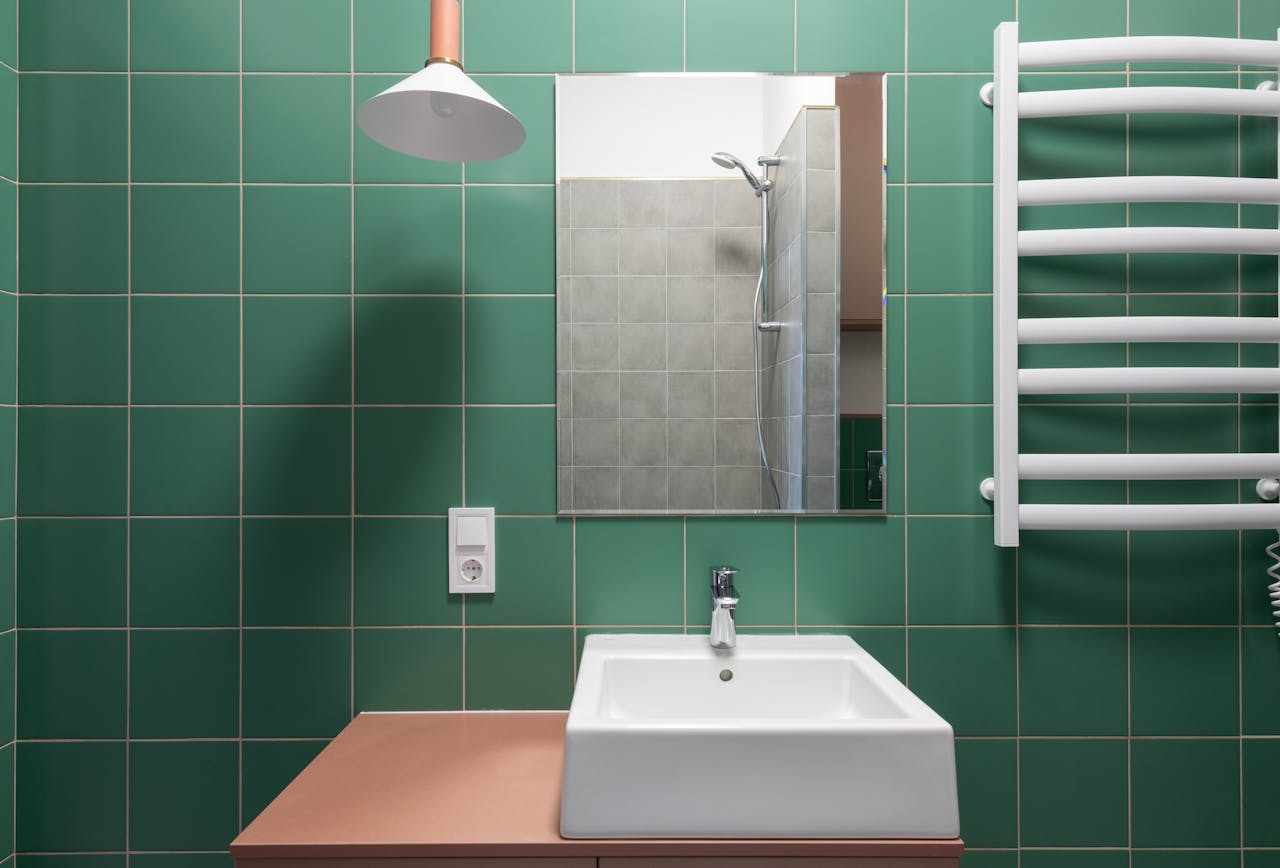
Conclusion
To evaluate a recent bathroom remodeling, you’ll need a keen eye and an easy-to-follow checklist. Begin with the aspects you can reach and observe—grout lines, paint, trim, and how the fixtures are installed. Test for leaks, doors that stick, loose tiles, and outlets with GFCI protection. Don’t accept a narrative—demand to see permits and receipts. A quality remodel sounds impressive, feels reassuring, and operates seamlessly, all the way to the sinks. If you see something that doesn’t pass the sniff test, bring in the pro. Particularly in a city like San Francisco, where many small jobs can fall through the cracks, be sure to verify this. Hearings and promises don’t build homes. To purchase with confidence, believe the things that you see, not the things that you’re told. For more advice on home technology and smart home buying, visit my blog and make your next move smart.
Frequently Asked Questions
1. What Should I Look For In The Tile Work Of A Remodeled Bathroom?
Look for consistently spaced grout lines, tiles that are flush and level with each other, and no cracks or chipping or other loose tile. Good quality work San Francisco homes have moisture issues, sealed tiles are important to keep moisture and mold out!
2. How Do I Know If The Plumbing Was Updated Correctly?
Check each faucet and the shower to ensure that water pressure is consistent and the tub or sink drains quickly. Check under sink plumbing for leaks and to see if there are newer shut-off valves installed.
3. Are Permits Important For Recent Bathroom Remodels In California?
Are permits necessary for recent bathroom remodels in California? Request documentation of any required permits and final inspection approvals to verify that the work meets code.
4. What Electrical Updates Should Be Present In A Quality Remodel?
GFCI outlets in any areas where water sources are present (bathrooms, kitchens, laundry rooms, etc.) are required. Look for updated, safer toggle switches and plenty of light. All electrical work should be new and meet local code.
5. How Can I Spot Signs Of Poor Workmanship In A Remodeled Bathroom?
Check for peeling caulk, wrinkled wallpaper, wavy seams, crooked faucets, and rough edges. These are signs that shortcuts were taken during the remodeling.
6. Why Is Ventilation Important In A Remodeled Bathroom?
Proper ventilation helps keep bathrooms free of toxic mold and costly moisture damage. Ensure that exhaust fan works, or a window is operable, in a renovated bathroom. Given San Francisco’s moist environment, having effective ventilation is essential.
7. When Should I Call A Professional Inspector For A Bathroom Remodel?
If you see signs of water damage, strange odors, or you think there’s unpermitted work, call an inspector immediately. Only a pro can uncover all the hidden problems and help save your investment.
Your Dream Bathroom Starts With Mares & Dow Construction – Let’s Build A Beautiful Space Together
Thinking about a bathroom remodel in Concord, Walnut Creek, Pleasant Hill, or Lafayette? Whether you’re envisioning a luxurious spa-like retreat or a smart, space-saving update, choosing the right contractor is the most important step in turning your vision into reality.
With over 40 years of proven experience, the team at Mares & Dow Construction & Skylights is trusted throughout Contra Costa County for expert craftsmanship, transparent pricing, and outstanding customer service. We specialize in:
- Bathroom Remodeling – Upgrade your outdated bathroom into a stylish, functional, and energy-efficient space. From elegant tilework and modern fixtures to walk-in showers and custom vanities, we handle every detail with precision.
- Decks and Outdoor Living Spaces – Extend your home’s living space with beautifully designed decks, patios, and pergolas built to last.
- Foundation Repairs and Waterproofing – Protect your home from moisture and structural damage with our reliable repair and waterproofing services.
- Custom Skylight Installations – Brighten your bathroom naturally with premium skylight solutions installed by a certified VELUX 5-Star Skylight Specialist.
- General Contracting Services – From bathroom renovations to larger home improvement projects, we manage every aspect with the highest standards in the industry.
Proudly serving Alamo, Danville, Orinda, Martinez, San Ramon, and the surrounding areas, Mares & Dow Construction & Skylights is committed to delivering exceptional results. Whether you’re a homeowner upgrading your primary bathroom or an investor modernizing a property, we ensure your remodel is completed on time, within budget, and with superior quality.
Don’t trust your bathroom remodel to just anyone. Contact Mares & Dow Construction & Skylights today for a free, no-obligation consultation, and let’s turn your bathroom into a space you love.
Disclaimer
The materials available on this website are for informational and educational purposes only and are not intended to provide construction, legal, or professional advice. You should consult with a qualified general contractor or industry professional for advice concerning any specific construction project, remodeling plan, or structural concern. Do not act or refrain from acting based on any content included on this site without seeking appropriate professional guidance. The information presented on this website may not reflect the most current building codes, regulations, or industry best practices. No action should be taken in reliance on the information on this website. We disclaim all liability for actions taken or not taken based on any or all of the contents of this site to the fullest extent permitted by law.

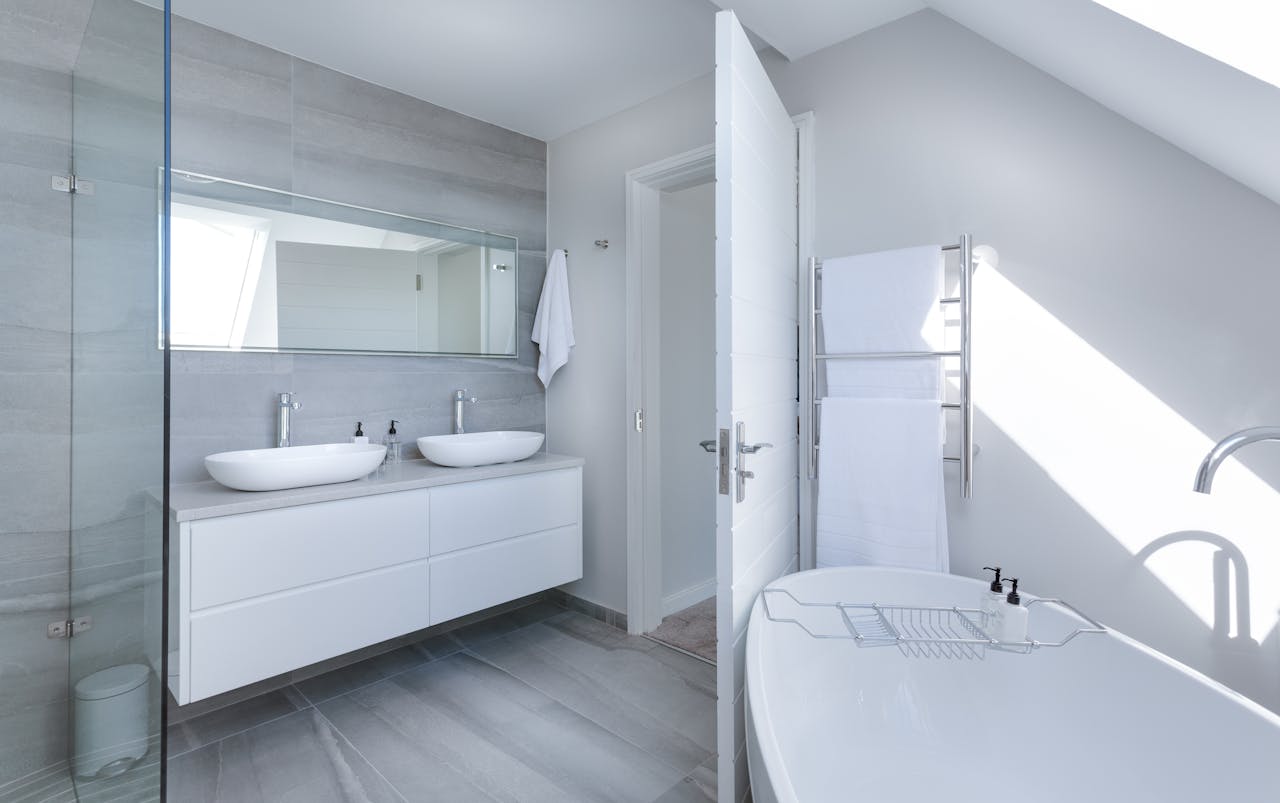
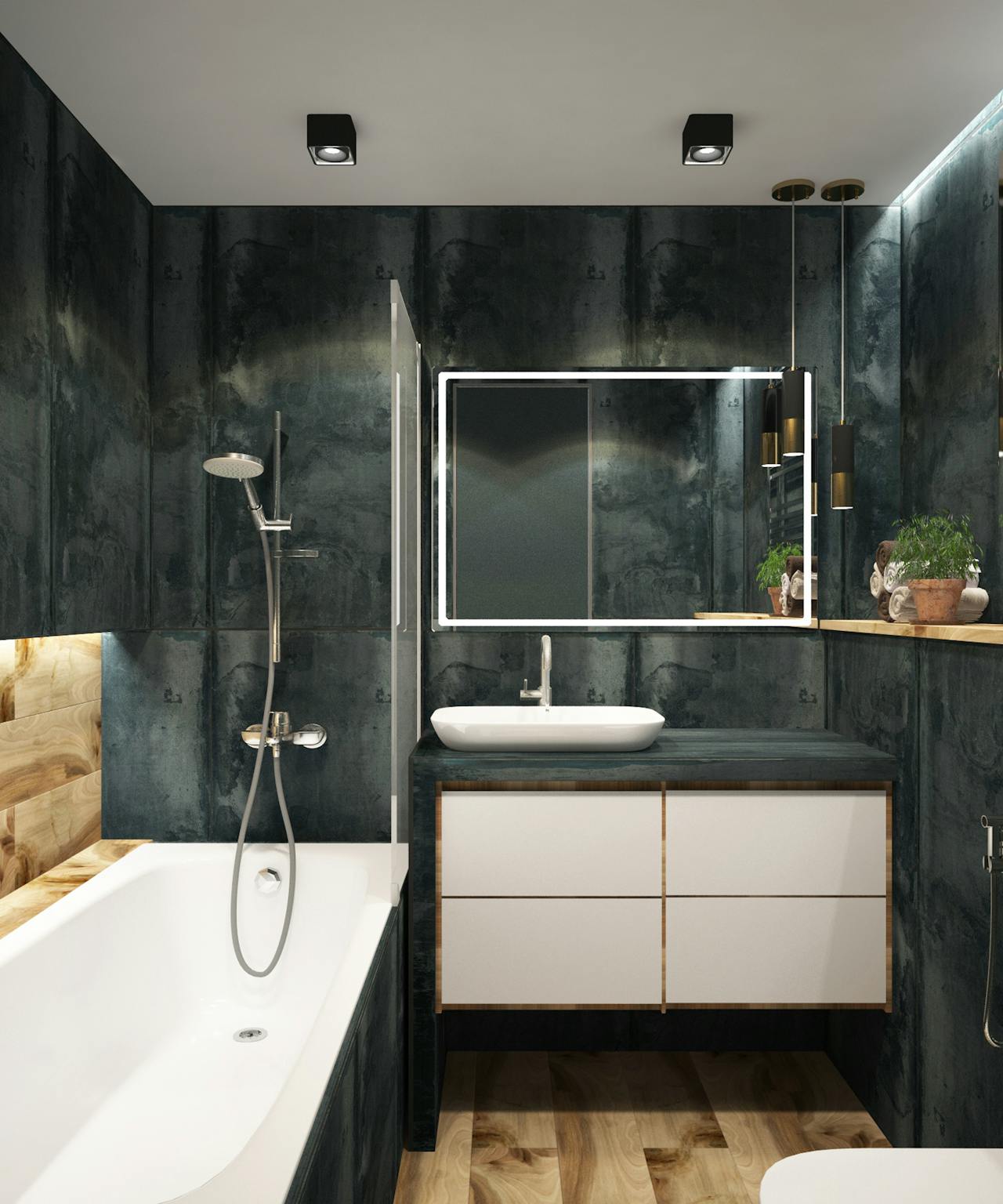
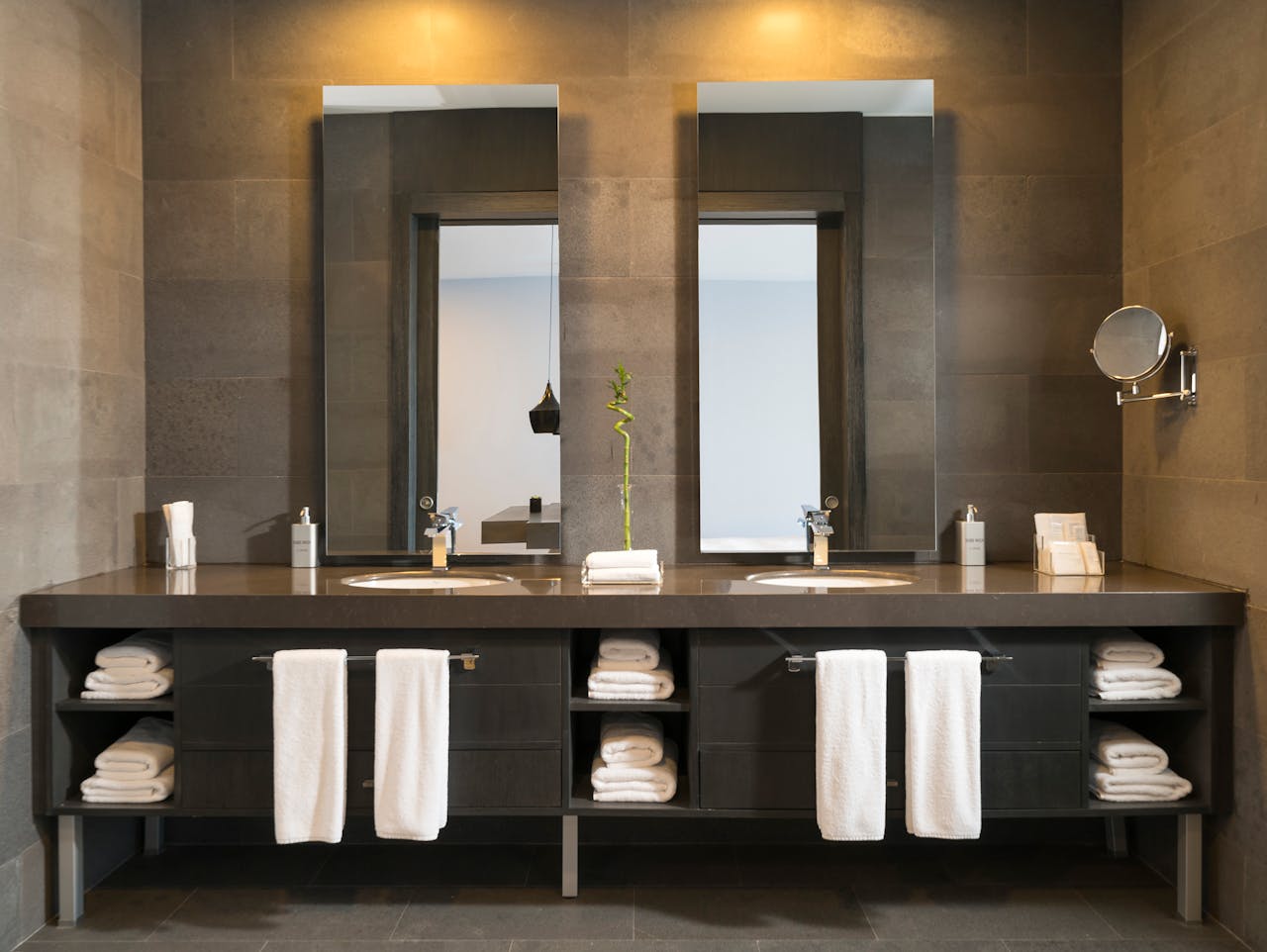


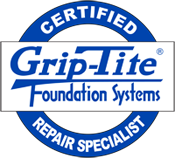
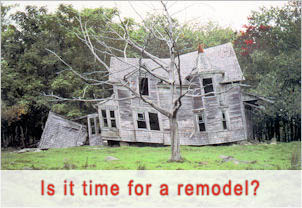
 based on
based on 

